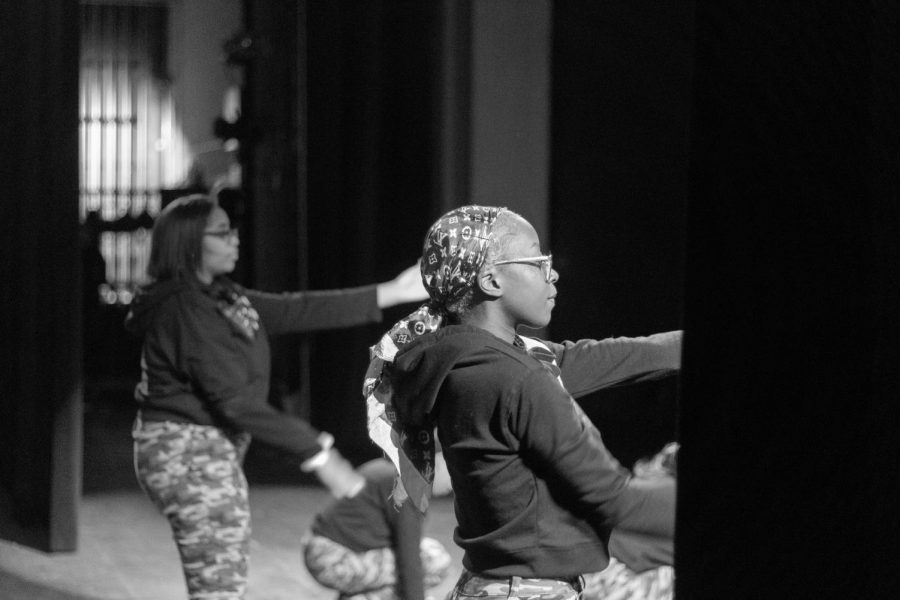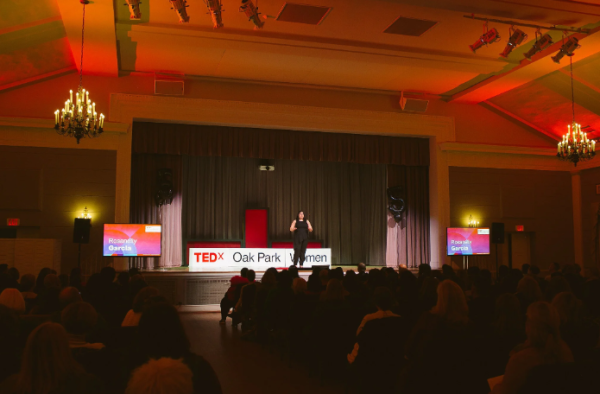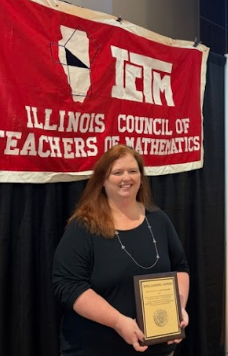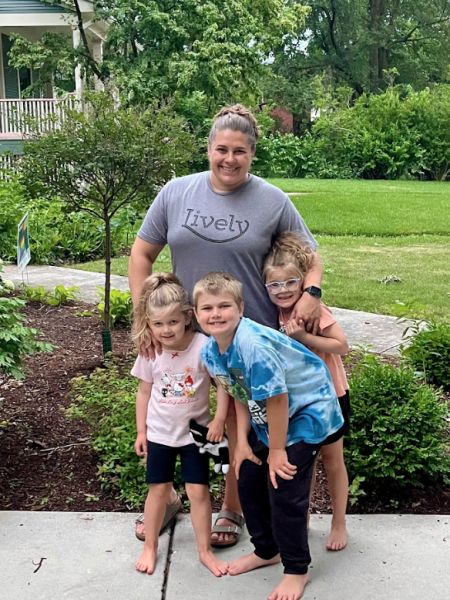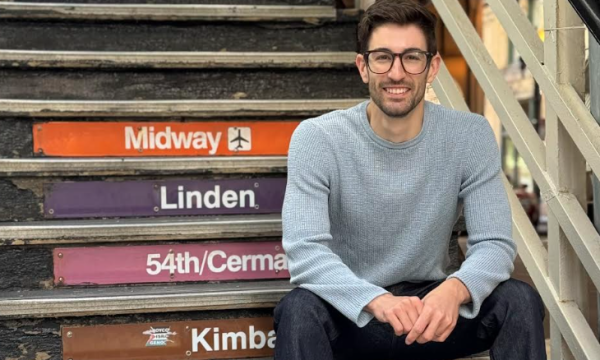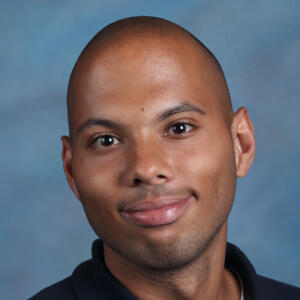MLK assembly celebrates black American culture
OPRF students perform a step routine.
The Martin Luther King assembly compelled students to reflect on the life and legacy of famous civil rights movement leader Martin Luther King.
Familiar to everyone are King’s powerful messages, the most famous of all being “I have a dream that my four little children will one day live in a nation where they will not be judged by the color of their skin, but by the content of their character.”
Every year, students present their own interpretations of King’s messages during the assembly Jan. 17.
Students mostly organized the assembly this year. “Black Leader’s Union was blessed with the opportunity to run the assembly,” says Amaya Garth, BLU president.
In previous years, participants covered topics ranging from King’s impact on civil rights in America, to the messages behind song lyrics, to issues closer to OPRF, such as inequity in the American education system.
This year, Aliyah Anthony earned first place in the essay contest with a speech on negativity. Anthony’s speech was “very eye opening,” said BLU member Nailah Baker. “Everyone, regardless of background, could take something away from it and implement into their own lives.”
Breanna Henry and Dawson Pickens, representing Spoken Word, spoke about their own personal experiences with color and identity in a rapid fire format. Dawson remarked on how a friend of his called “dibs” on him if slavery returned, and how that affected him.
The piece displayed “the everyday struggles that young and old Black Americans go through, especially at OPRF,” said Baker. “That piece was my favorite because it really hit home. I related to it on such a level.”
True Colors performed the Black national anthem.
The performers “did an exceptional job with their performance,” said Garth.
The assembly did not include the American national anthem. When asked why, Garth did not respond before deadline.
Nyree McCollum, Brianna Sargent-Mosby, Darya Nelson, Aiyanna King, Amaya Murphy, Kyla Jordan, Mekylah Holloway gave a taste of historically black colleges and universities life by performing a step show. Stepping involves synchronized and rhythmic dance that combines traditional elements of African culture mixed with elements of popular culture.
Students and organizers’ personal motivations varied, but they all had the shared goal of honoring Dr. King and his legacy.
“For me, it really just exemplified a need for unity. His messages were just as present then as they are now, said Baker. “We are extremely divided today, it’s seen every aspect of our lives… I believe that Dr. King wanted us to sit down with each other and listen to others’ lives, hardships, and triumphs so that we could better coexist and live with each other.”
“I think it’s extremely important that we celebrate Martin Luther King day because his impact on America has opened up many doors for people of color,” said Garth. King’s messages “gave me the confidence and strength to feel powerful in my skin. He paved the way for equality and made it possible for students like me to be who I wanted to be.”
Director of Equity and Student Success Levar Ammons, who opened the assembly with remarks about Dr. King’s legacy, said: “My motivation was simply to honor Dr. King.”
“I feel like everyone gave it their all and they were really able to make the assembly enjoyable,” says Baker.

